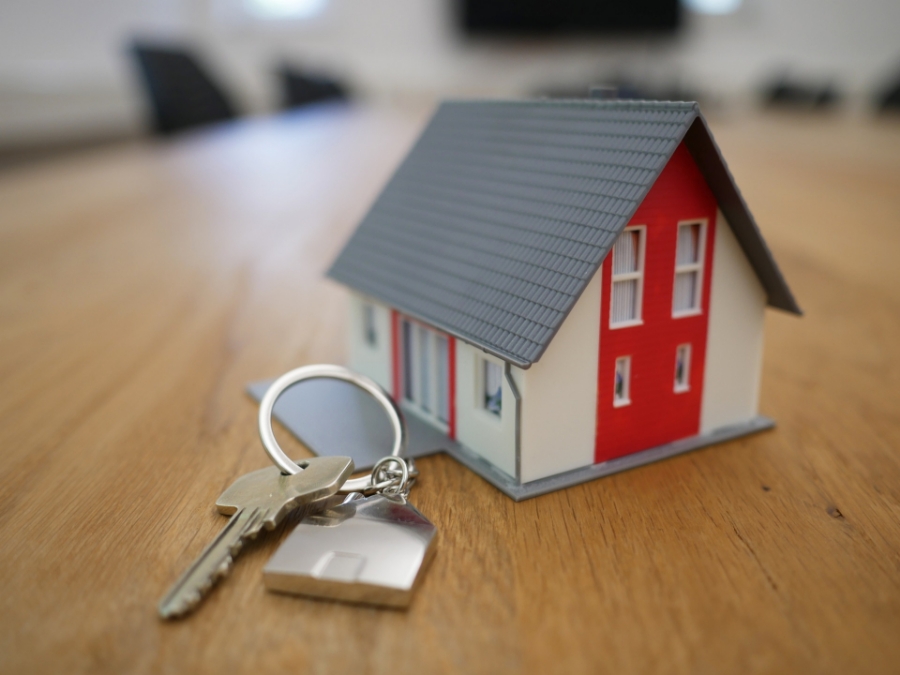
Are you looking for a home to rent or lease?
Before you decide to sign that lease or rental agreement, make a list of all the the pros and cons of each rental property you look at. A Rental Property Checklist is a valuable tool to help you find a rental that fits with your budget and lifestyle.
This complete checklist covers (i) the things you are looking for in a rental unit, (ii) what you need to do once you have found a place you think is right for you, and (iii) some tips to help get you through the move.
First, decide what type of rental premises you are looking for.
Before you begin looking for a place to rent, you should consider the answers to these questions:
- What type of rental unit fits your needs – a house, an apartment, a duplex, condo / townhouse?
- Will you be renting on your own or sharing a place with one or more roommates?
- What is/are your preferred location(s)?
- How much can you afford to pay in rent? Are you factoring in the various deposits and additional lease costs?
- If you have children, are there potential rental properties close to their daycare or school?
- Do you have pets? How much will you have to pay for a pet deposit?
- Do you want a periodic tenancy (such as month to month, week to week, etc), or a fixed term lease (e.g. for 1 year)?
Once you have answered all of these questions, you're ready to start looking at rental properties. See what’s available that fits into your budget and preferences. Check out each property carefully, using the checklist to help you keep track of important information about each place.
How the rental checklist can help you prioritize and shortlist the rental options.
The checklist template includes some suggestions to consider, but only you can decide which items are most important to you. For instance, if you own a pet, you need to find out if pets are allowed and whether you will have to pay a separate pet deposit in addition to the regular damage deposit.
You can add your own rental criteria to the checklist and remove any that don’t apply to you. For example, if you don't own a vehicle, then having a garage may not be that important to you.
What you need to do when you find a place you want to rent.
Let's say you have found an ideal space and your rental application has been accepted. Now you need to make sure that you and your new landlord do all of the following BEFORE you move in:
- Complete a thorough property inspection and write down any damage or deficiency in the inspection report.
- Sign the property inspection report together and take careful notes regarding any existing damage or deficiencies.
- Read over the lease or tenancy (rental) agreement and write in any conditions that you both agree on before you sign. Be sure you each keep a copy.
- Agree on how you will pay the rent, e.g. direct debit, post-dated checks, etc.
- Handle the damage deposit. You pay it to the landlord and the landlord gives you a receipt as confirmation of the payment. You should check your local landlord-tenant laws to see if you're entitled to receive interest on the damage deposit.
These things are your responsibility and should be done within the first few days of your move-in.
- Obtain tenant insurance to cover all your furniture and personal goods. Your landlord’s insurance does not cover your personal property in the event of loss or damage.
- Make sure you know where the trash bins and recycling bins are located, when pickups are scheduled and where bins need to be placed for emptying, and which items cannot be placed in the trash/recycling.
- Arrange for connection of the utilities, telephone, cable, Internet, etc.
- Notify your doctor, dentist, workplace, bank, friends, family, etc. of your new address. File a change of address with the post office to redirect your mail.
- Always make sure you know your rights and obligations as a tenant. Check your Government website for a toll-free number to the local landlord / tenant advisory board. Obtain and review a copy of the law that governs tenancies in your area. These can often be downloaded free of charge.
Image courtesy jscreationzs / FreeDigitalPhotos.net


